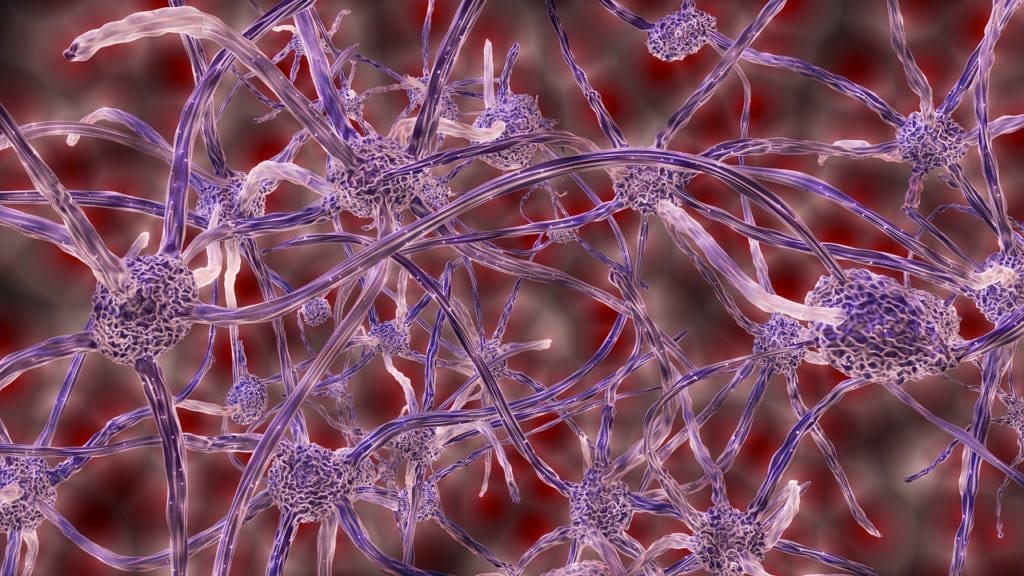May 12th through May 16th is National Neuropathy Awareness Week!
It is reported that about 1 in 15 Americans are afflicted by neuropathy – but many of them do not know they have it.
Neuropathy can affect the nerves that tell you the position of your hands or feet that indicate pain and sensation. You can experience a tingling or numbness in certain areas of the body – and these sensations can range from mild to painful and are almost always greatest at night.
Common signs and symptoms include:
- Numbness or tingling, especially of the hands or feet
- Pain or cramping, especially of the hands, feet or calf muscles
- Sensitivity to touch or temperature
- Loss of reflexes
- Muscle wasting in the hands and feet
- Weakness, especially in the feet or hands
- Loss of balance and dizziness
There are several kinds of neuropathy:
- Peripheral Neuropathy which affects the nerves of the body other than those in the brain and spinal column
- Diabetic Neuropathy which is caused by diabetes
- Peroneal Neuropathy can occur in the peroneal nerve (also known as the common fibular nerve), especially when there has been damage to the hip or knee and often results in foot drop
- Critical Illness Neuropathy can occur as a complication when there has been severe illness or trauma
- Multifocal Motor Neuropathy is a disorder that happens in the nerves of muscles, and can cause cramping, weakness, and sometimes wasting of the muscle.
- Ulnar Neuropathy commonly happens when you hit your “funny bone”, but can also be a chronic disorder due to tumors, arthritis, or trauma to the elbow area
- Posterior Interosseous Neuropathy affects the nerves that control the extension of the wrist and fingers.
- Hereditary Motor Sensory Neuropathy is also known as Charcot-Marie-Tooth Disease; it is an inherited and progressive disease that affects the legs with numbness and weakness more than it affects the arms.
Neuropathy is often misunderstood, misdiagnosed or underdiagnosed – and inadequately treated. However, early diagnosis and treatment is critical to preventing and slowing the progression of neuropathy.
So what can we do during awareness week and all year long?
-
Recognizing the early symptoms and signs of neuropathy
-
Providing an early and accurate diagnosis and treatments by working with patients to prevent and/or minimize progression of neuropathy and its complications
-
Helping the public learn about neuropathy and its risk factors by raising awareness









